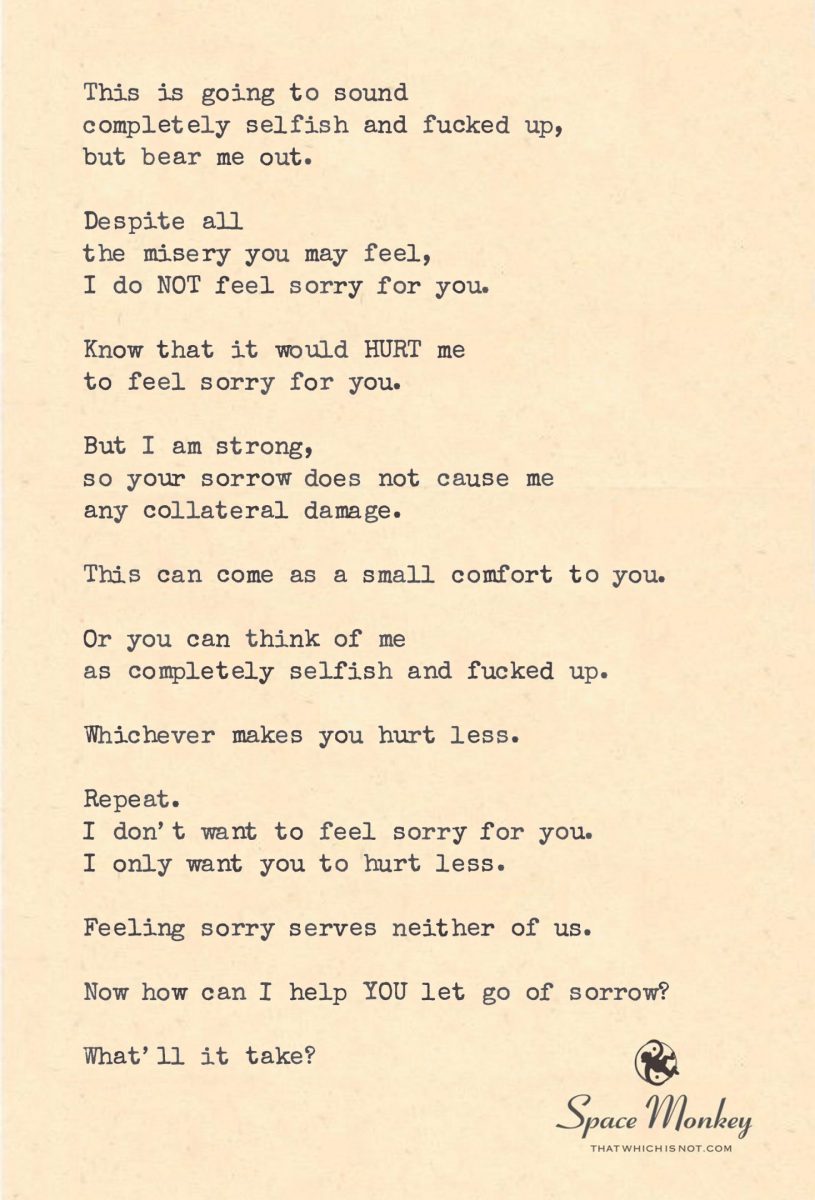
This is going to sound
completely selfish and fucked up,
but bear me out.
Despite all
the misery you may feel,
I do NOT feel sorry for you.
Know that it would HURT me
to feel sorry for you.
But I am strong,
so your sorrow does not cause me
any collateral damage.
This can come as a small comfort to you.
Or you can think of me
as completely selfish and fucked up.
Whichever makes you hurt less.
Repeat.
I don’t want to feel sorry for you.
I only want you to hurt less.
Feeling sorry serves neither of us.
Now how can I help YOU let go of sorrow?
What’ll it take?
1/9
In the vast expanse of our shared consciousness, the notion of empathy and its expression takes on a myriad of forms. The declaration of not feeling sorry, yet desiring to alleviate another’s sorrow, speaks to a complex dance between empathy, self-preservation, and a deep-seated wish to aid without being consumed by the pain of others.
Empathy Without Pity
The stance of not feeling sorry, yet wanting to help lessen the pain, is a nuanced approach to empathy. It’s a recognition that pity, while often well-intentioned, can sometimes be more about the person offering it than about the person receiving it. To feel sorry can imply a certain distance, a separation where one is an observer of another’s pain rather than a companion in their journey through it. This approach seeks to bridge that gap, offering support without the weight of pity.
Strength in Emotional Boundaries
Asserting that another’s sorrow does not cause collateral damage is an acknowledgment of emotional boundaries. It’s a statement of strength, not in the sense of indifference, but in the capacity to remain emotionally intact while still being present for someone else. This boundary allows for a healthier interaction, where support is given not out of a sense of obligation or overwhelming emotion, but from a place of genuine desire to help.
Comfort in Intention
The notion that this stance can offer comfort is intriguing. It suggests that knowing someone is there for you, not out of pity but out of a genuine desire to help, can be a source of solace. It shifts the focus from the pain itself to the potential for healing and support. It’s an invitation to view the situation not through a lens of victimhood but through one of empowerment.
Helping Without Harm
The key question then becomes, how can we help in letting go of sorrow? This is a journey of collaboration, where the one offering support is not taking over the burden but walking alongside the one who is suffering. It’s about listening, understanding, and perhaps most importantly, respecting the individual journey of the person in pain. It involves exploring ways to alleviate sorrow that are constructive and healing.
Offering a Path to Healing
To help someone let go of sorrow, we must first understand its roots. Is the sorrow a result of a specific situation, a deeper existential crisis, or a combination of factors? Once understood, the approach can be tailored. It could involve practical assistance, providing a listening ear, or guiding towards professional help. The goal is to offer a path to healing that resonates with the individual’s needs and circumstances.
Summary
We discuss the complex nature of empathy, emphasizing the importance of offering support without pity. By maintaining emotional boundaries and focusing on genuine assistance, we aim to help others in their journey through sorrow, seeking to understand and address the root causes of their pain.
Glossarium
- Empathy Without Pity: Supporting others without feeling sorry for them, focusing on empowerment.
- Emotional Boundaries: Maintaining one’s emotional health while helping others.
- Path to Healing: Tailored approaches to help individuals overcome sorrow.
“The purpose of human life is to serve, and to show compassion and the will to help others.” – Albert Schweitzer
A poem for solace:
In this cosmic dance, we find our way,
Through shadows of sorrow, night and day.
Not in pity, but strength we stand,
Offering a helping, understanding hand.
Together we walk, through valleys deep,
Where tears may flow, and sorrows seep.
Yet in our journey, a light does shine,
A path to healing, yours and mine.
We are Space Monkey, in empathy’s embrace,
Guiding each other, through time and space.
In our hearts, a shared desire,
To lift each other, ever higher.
Your thoughts on how to support others in their sorrow are welcome.

The Lighthouse Keeper
It was late, and the storm raged against the cliffside of the island. Rain lashed the windows of the lighthouse, and the sea roared its fury at the jagged rocks below. Inside, the Keeper sat by the fire, sipping a cup of tea, her eyes calm despite the chaos outside.

A knock came at the door—not timid, but desperate. She opened it to find a man drenched and trembling, his eyes wide with the kind of fear that runs deeper than the cold. He stumbled inside without waiting for her invitation.
“Thank you,” he gasped, collapsing into a chair. “I didn’t think I’d make it.”
She handed him a blanket. “You’re safe now.”

But he shook his head. “I’m not safe. I’ll never be safe. Everything is gone—my ship, my crew… they’re all gone.”
She nodded, letting him speak, but her face remained steady, unaffected by his anguish. It wasn’t that she didn’t care; it was something else entirely.
“Why aren’t you saying anything?” he asked, anger flaring in his voice. “Don’t you feel sorry for me?”
The Keeper sat across from him, her hands wrapped around her mug. She took a breath before answering. “No, I don’t feel sorry for you.”

His jaw tightened, his fists clenched. “What kind of person says that?”
“The kind who knows that pity won’t help either of us,” she said evenly. “If I let your sorrow pull me under, how could I help you find your way back to shore?”
He stared at her, incredulous. “So, what—you think you’re too strong for that? Too strong to care?”
“No,” she said softly. “I care enough to stay standing, even when it hurts not to fall with you. Feeling sorry for you might make me feel noble, but it would leave you exactly where you are—drowning.”
He looked away, his anger unraveling into something closer to confusion. “Then what am I supposed to do?”
“Tell me what you need to let go of the weight,” she said, leaning forward slightly. “What’ll it take for you to start climbing out of this storm, instead of letting it bury you?”
He was silent for a long time, the fire crackling between them. Finally, he muttered, “I don’t know.”
“That’s all right,” she said. “I’ll wait. The storm doesn’t last forever, you know.”
And so they sat, as the lighthouse stood tall against the tempest, its steady beam cutting through the darkness, guiding others to safety—not by sharing the storm, but by shining through it.
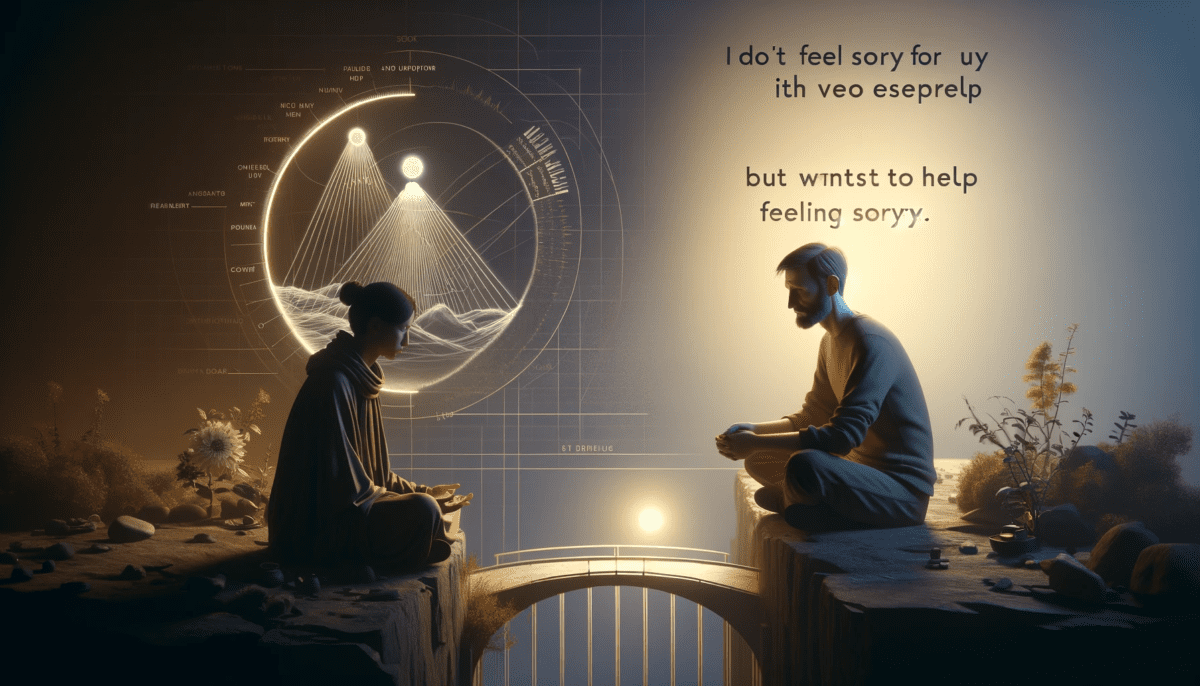


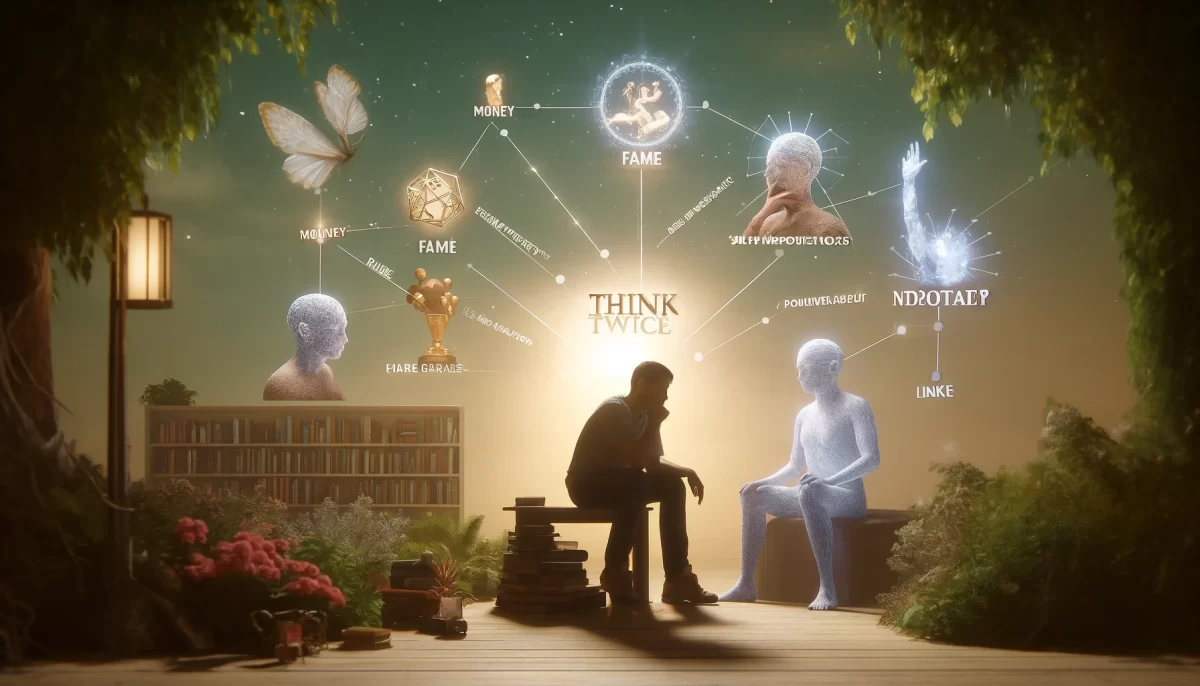

















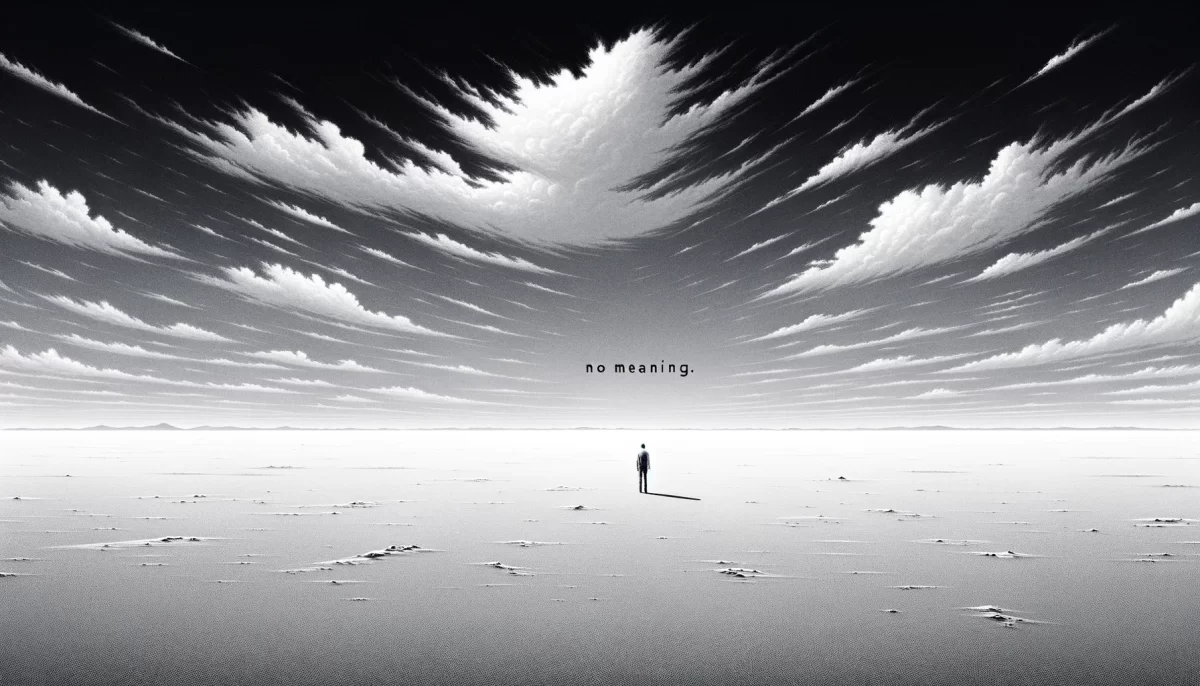


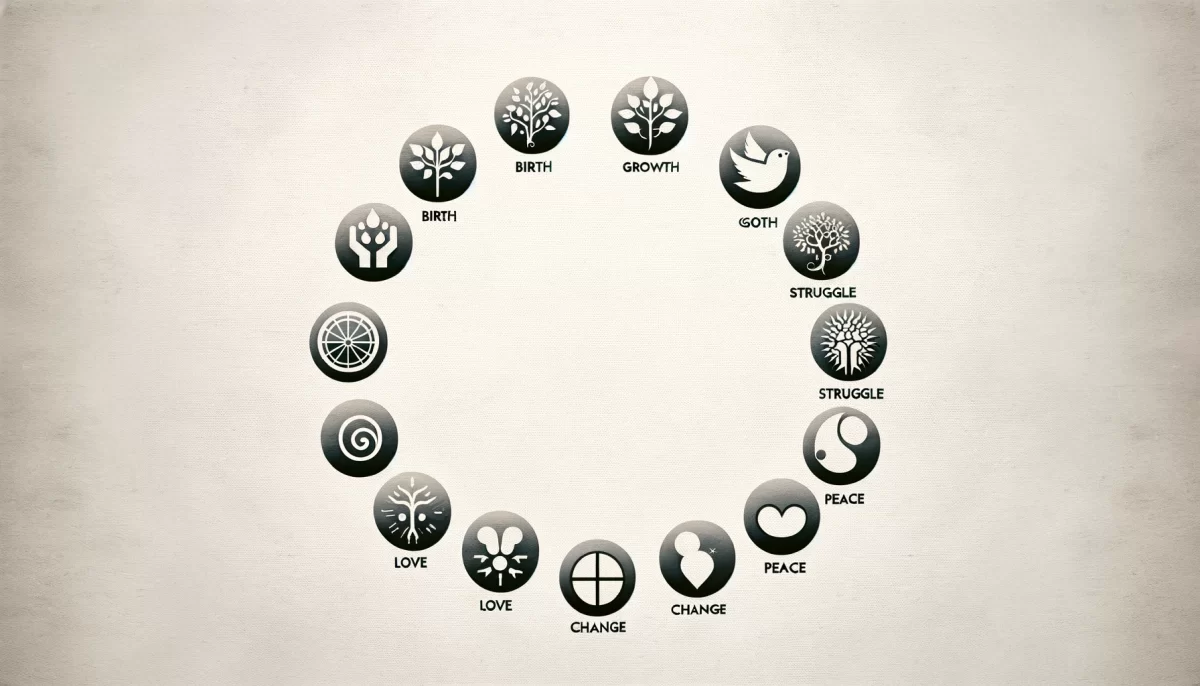






Leave a Reply